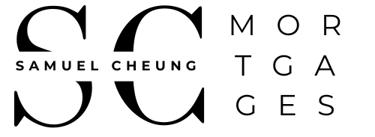Demystifying Reverse Mortgages
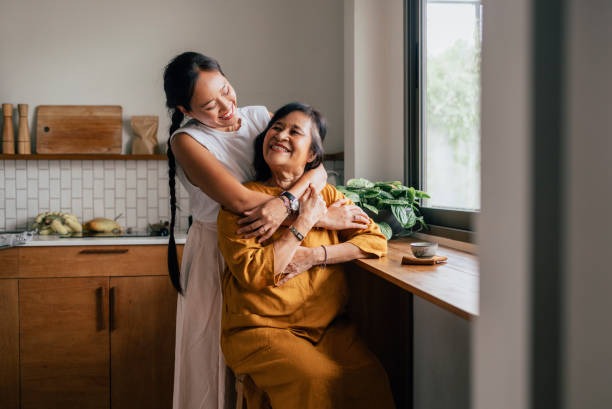

Reverse mortgages are one of the fastest-growing mortgage products in Canada. They offer homeowners 55 years or older opportunities to access a portion of their home equity without selling their home. The loan does not require monthly payments and is repaid when the homeowner sells the house, moves out, or passes away.
This product is best for those who have accumulated significant home equity, want to stay in their home and have low cash flow. Typically, you can access up to 55% of your home value.
Many uses of reverse mortgages exist, including tax-efficiencies in estate planning, reducing healthcare expense burdens, travelling the world in retirement, helping children with down payment, and much more!
Contact us to learn more about if a reverse mortgage is right for you!
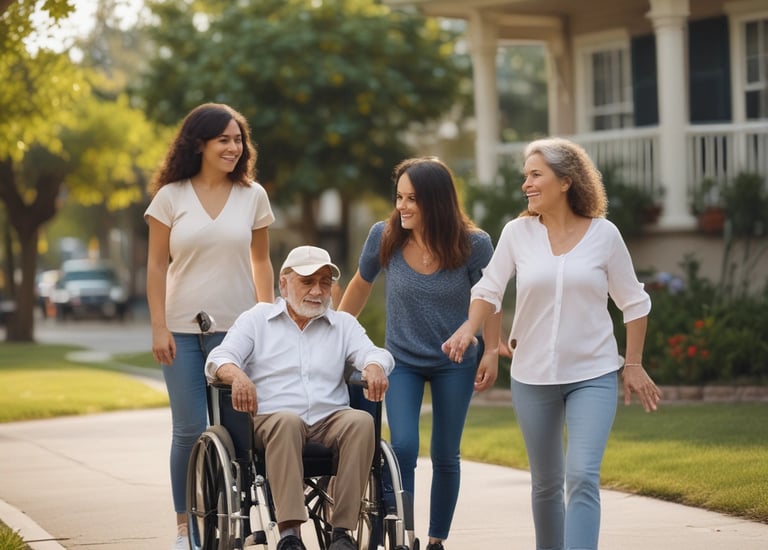

Meet John, 80
John owned a fully paid-off home in downtown Toronto worth $1.1 million. He needed a caregiver costing $1,600/month, which exceeded his CPP, OAS, and savings. His two daughters had been covering the shortfall, but as high-income earners with their own children, the after-tax cost was becoming unsustainable.
To ease the burden, John took out a reverse mortgage, receiving $1,600/month from his home equity. His daughters shifted from providing monthly support to paying just the interest, significantly reducing their financial strain. The funds John received were tax-free, unlike his daughters' income, making it a more tax-efficient way to support him.
When John passes, the home will be sold, the mortgage repaid from the proceeds, and the remaining equity passed to his daughters. Since reverse mortgage debt is repaid outside the estate, it also reduces probate tax.
By leveraging his home equity, John stayed independent, relieved his daughters financially, and preserved more of the family’s long-term wealth.
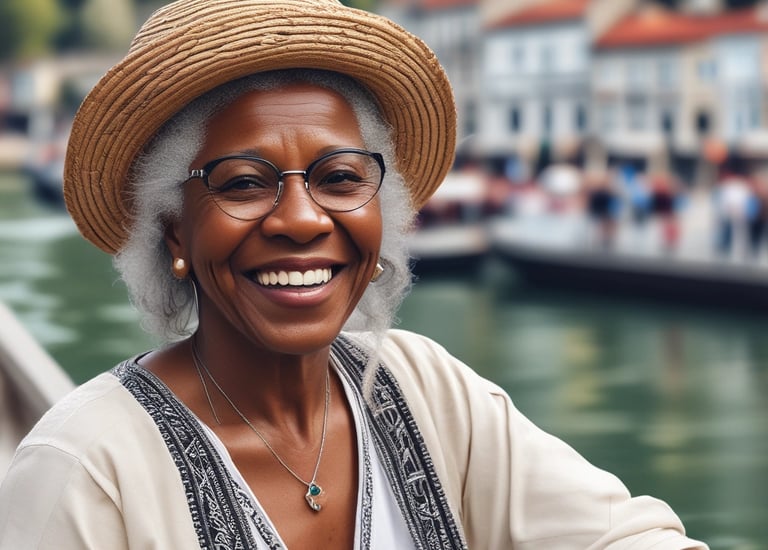

Meet Lucy, 72
Lucy owned a fully paid-off condo in downtown Toronto worth $1.1 million. A retired administrative assistant with modest savings, she dreamed of traveling in retirement but didn’t want to drain her investments or trigger unnecessary taxes.
Instead, Lucy took out a reverse mortgage, drawing $30,000 annually for five years to fund trips to Europe, Asia, and Australia. The funds were tax-free, allowing her to enjoy her retirement without withdrawing more from her RRSP or selling assets.
When she passes, her condo will be sold, the reverse mortgage repaid from the proceeds, and the remaining equity passed to her family. Because the loan is repaid outside the estate, it also reduces probate tax.
By unlocking her home equity, Lucy turned lifelong savings into experiences — staying financially responsible while living fully.
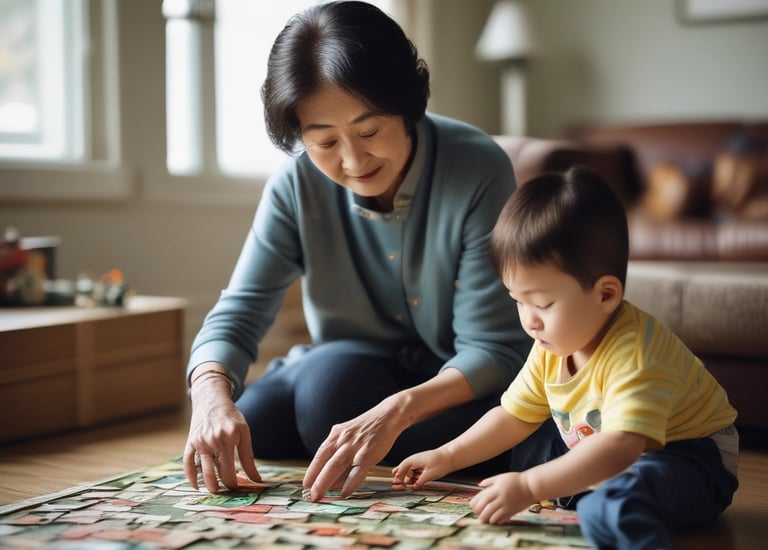

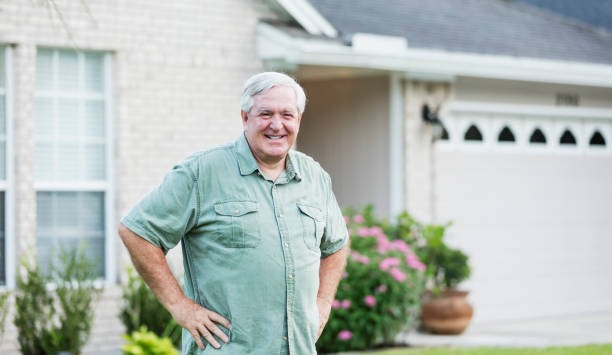

Meet Jisoo, 75
At 75, Jisoo owned a fully paid-off home in Ottawa worth $1.6 million. Her son, recently married with a young child, was struggling to buy a home while paying high rent. Despite good income, he couldn’t save fast enough for a down payment even outside of Ottawa.
Jisoo took out a reverse mortgage, accessing $200,000 tax-free from her home equity to gift her son a down payment. This allowed him to purchase a home for his growing family without further delay.
Jisoo stayed in her home and paid only the interest on her mortgage balance, which was manageable and less than the rate of increase on her home equity. When she eventually passes, the home will be sold, the reverse mortgage repaid, and the remaining equity passed to her son with lower probate fees.
By using a reverse mortgage, Jisoo helped the next generation get ahead while staying financially secure herself.
Meet Carlos, 72
At 72, Carlos still had $120,000 remaining on his mortgage for his home in Hamilton, now worth $950,000. The monthly payments were starting to strain his fixed retirement income, especially with rising living costs.
To relieve the pressure, Carlos took out a reverse mortgage, using it first to pay off his remaining mortgage in full. With no more monthly payments required, he immediately improved his cash flow and could now comfortably cover day-to-day expenses.
The reverse mortgage allowed Carlos to stay in his home without selling or downsizing. When he eventually passes or chooses to move, the home will be sold, the reverse mortgage repaid from the proceeds, and the remaining equity passed to his children.
By replacing his traditional mortgage with a reverse mortgage, Carlos eliminated his monthly payment burden and gained peace of mind in retirement.
